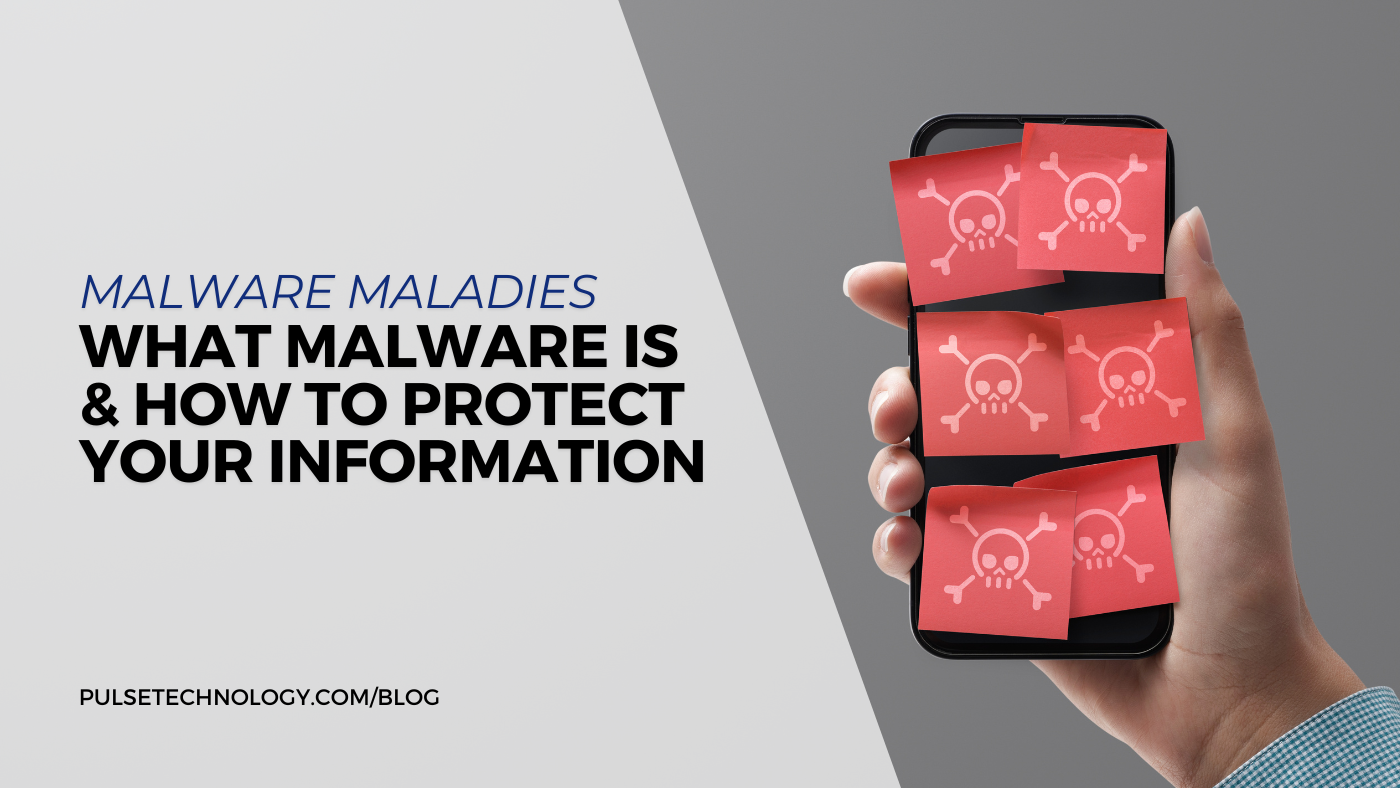Avoiding Tech Scammers
Has this ever happened to you? You’re working on your computer when suddenly there is a pop-up window on your screen, warning you that a “problem” has been detected on your computer. The message looks like it came from your operating system and it may even have official-looking logos. The message warns of a security issue and urges you to call the number in the message.
Don’t do it!
These kinds of messages can look very official and very daunting, and anyone who has ever followed through and called would likely next hear the “expert” ask for control of your computer to do a diagnostic test and fix the problem. Same advice as before: don’t do it!
Similarly, if you receive a call from someone claiming to be a tech support person who has detected a problem on your computer, be very wary – especially if you don’t recognize the name. Best advice if you receive a call like this: hang up.
The objective of these scammers is always the same – to get access and get information that will benefit them, such as your credit card information or bank account number.
It’s a big problem and growing even bigger. A 2020 FBI report from their Internet Crime Complaint Center listed tech fraud support as one of the top three crime trends of 2020, along with ransomware and business email scams.
The really creative scammers even go to additional lengths to get their websites to show up in online results for “tech support.” Once you call the number of a scammer, the chances are good that you will have trouble.
How to Avoid Scams
In general, don’t engage with anyone who solicits you and you don’t know who they are.
2 Things To Know To Avoid a Tech Support Scam
1. Legitimate tech companies won’t contact you by phone, email or text message to tell you there’s a problem with your computer.
2. Security pop-up warnings from real tech companies will never ask you to call a phone number.
Remember that a legitimate tech support firm is not going to call you by phone. Nor is the firm likely to email or text you. And pop-up warnings from actual tech support companies won’t ask you to call a phone number!
The best defense against any kinds of tech problems is a good offense. One step you can take on your own is to be sure that your anti-virus software is up to date and that you scan your system frequently. Some programs will allow you to set up an automatic scan on a daily basis. Also, treat any pop-up messages, text messages or other solicitations to fix problems with a great deal of skepticism.
And most importantly, partner with a trusted tech provider. Get started with a technical assessment here and we will be in touch within 24 hrs.
Sadly, if you feel you have been scammed, call your credit card company right away, if you gave any login information, update all passwords to all your accounts, and then also run an antivirus program on your computer for anything left behind from the scammer.
If a tech support scammer contacts you, report it to the Federal Trade Commission at ReportFraud.ftc.gov.
*https://consumer.ftc.gov/articles/how-spot-avoid-report-tech-support-scams



